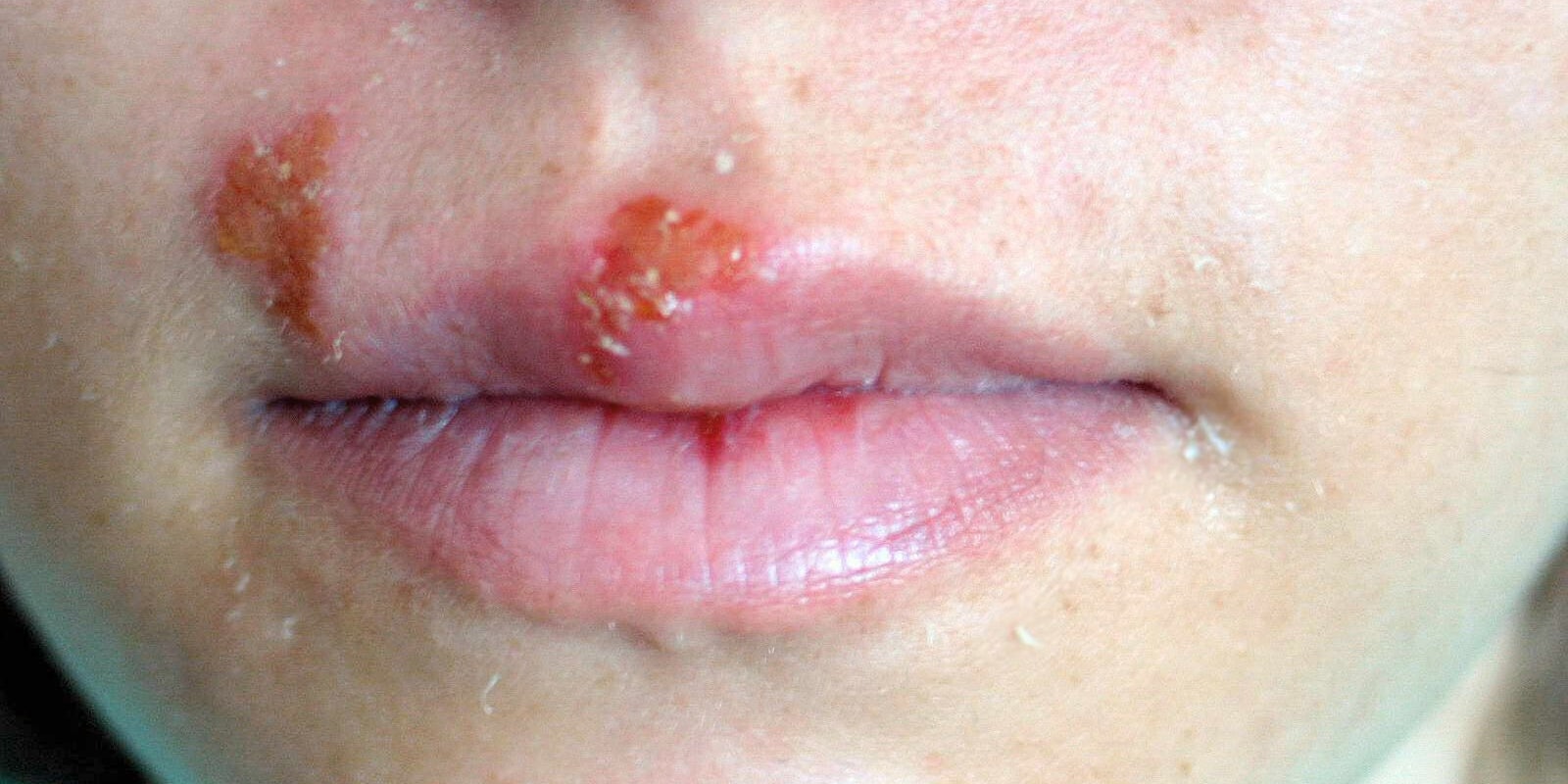The World Health Organization is raining on everyone’s parade this week. First, bacon causes cancer. Now it’s saying two-thirds of the world’s population under 50 has herpes.
“You probably have herpes,” read headlines everywhere.
But according to the study, published in the open-access journal PLOS One, the rate of infection with oral herpes (HSV-1) is not uniformly high throughout the world.
The incidence of HSV-1 was highest in Africa, with 87 percent of women and men infected. In the Americas, incidence rates were lowest by region, clocking in at 49 percent for women and 39 percent for men. While that’s still high, technically it means that if you’re under 50, male, and grew up in the Americas, you probably don’t have herpes. If you’re a woman, it’s closer to a 50-50 chance.
The WHO noted that infection typically occurs during childhood from physical contact with infected love ones, like a kiss from your great aunt.
Genital infection of HSV-1 usually happens via oral sex during adulthood.
This isn’t exactly news. We’ve always known HSV-1 is extremely common throughout the world. These are just the latest numbers.
Herpes spreads easily through skin-to-skin contact with activities like kissing and sex (yes, even if you’re using a condom). But you can also catch oral herpes by doing things like sharing a toothbrush or a towel with someone who has an active outbreak. Sometimes you can even spread it when there are no signs or symptoms of an outbreak, according to the National Library of Medicine. Once you have it, you have it for life.
Herpes isn’t a life-threatening ailment, and most people with the virus never have symptoms. Yet it carries a huge stigma.
You want Romeo, you’re not worthy, you’re cock thirsty.
— 🕷Devils spawn🕷 (@whoakaylawtf) October 30, 2015
You’re nasty and probably got Herpes.
I woke up with a zit on my lip; to avoid any confusion, I wrote ‘NOT HERPES’ next to it with a ball-point pen.
— Rosanna Pearse (@RosannaPearse) October 30, 2015
For people with genital herpes (HSV-2) or a genital infection of HSV-1, figuring out how and when to initiate “the talk” with a potential romantic or sexual partner is a minefield. So much so that the Atlantic devoted an entire feature to discussing the difficulties of HSV-positive folks navigating the dating world.
Online polls about whether or not users would date someone with herpes invariably have a plethora of comments like, “eww, no.” or this one from a 2010 Yelp thread: “When you strip the emotion from it, it basically reads ‘would you ever like open boils on your dick?’ Pass.”
Naturally, several dating websites like HDate are looking to corner the market of HSV-positive singles, where people can meet other people who share the disease to relieve some of the stress of dating while carrying one of the most stigmatized sexually transmitted diseases.
There’s even a support group for HSV-positive individuals on Tumblr called Herpblr.
But herpes really isn’t that big of a deal. At worst, it can make you more prone to contracting other infections (particularly STDs if you have open sores on your genitals.) But avoiding that situation is easy.
Some groups like Project Accept pin the stigma of herpes on the development and marketing of antiviral drugs to treat genital herpes in the ’70s and ’80s. The narrative goes that herpes was seen more as a nuisance akin to acne. Then the pharmaceutical company Burroughs Wellcome developed a drug to treat the virus, but it needed an angle to sell it to a population apathetic about the scourge of herpes. So the pharmaceutical companies campaigned to make the virus seem disgusting and associated with promiscuous people.
But that marketing campaign coincided with the tail end of the sexual revolution in America, so it’s hard to say if the stigma of the disease happened organically in response to a more sexually open culture or was a direct result of marketing campaigns.
Nevertheless, perhaps the news of the disease’s high prevalence will help reduce some of its stigma. It’s hard to fear something that we all (may someday) have.
Photo via Jojo/Wikimedia (PD)


